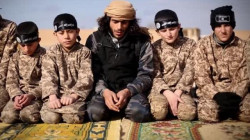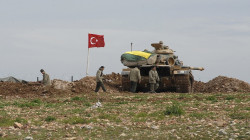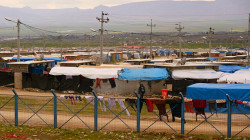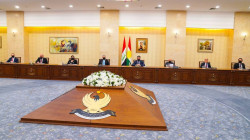Human Rights Watch: Somalia's proposed constitutional amendments threaten children's rights
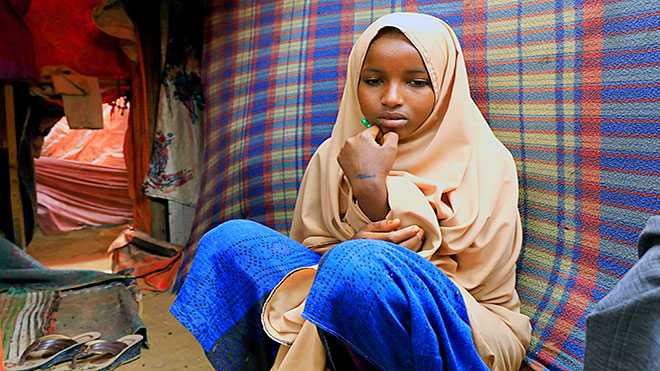
Shafaq News/ Somalia's parliament faces a key decision as Human Rights Watch urges lawmakers to reject proposed constitutional amendments that could undermine protections for children.
On March 30, 2024, both Somalian houses of parliament are set to vote on amendments that could lower the age of majority, potentially leading to increased child marriage rates and diminished juvenile justice standards. Additionally, there are concerns that certain forms of female genital mutilation (FGM) might be permitted under these amendments.
Human Rights Watch sounded the alarm, urging Somalia's parliament to stand firm against any measures that could weaken safeguards for children, especially girls.
In this regard, Laetitia Bader, deputy Africa director at Human Rights Watch, emphasized the importance of upholding international human rights commitments, urging Somalia's donors to press the government on this critical issue.
"Somalia's parliament should resist efforts to weaken constitutional protections for children, especially girls," said Bader, adding, "Somalia's donors should press the government to carry through on its claims that it is taking significant steps to meet its international human rights commitments."
The proposed amendments, part of the ongoing review of Somalia's 2012 provisional constitution, have stirred significant controversy.
One key amendment proposes reducing the age of majority, defining a child as anyone under 15, contrary to international standards that recognize individuals under 18 as children. This change, according to Human Rights Watch, could exacerbate the risk of child marriage, impacting girls' health, education, and overall well-being.
Moreover, the proposed amendments introduce physical development as a criterion for adulthood, disregarding established international norms that consider emotional, mental, and intellectual maturity. "This is contrary to international standards, which call upon governments to make determinations of adult competence based on "emotional, mental and intellectual maturity," and not physical maturity.
Human Rights Watch has also raised concerns about the ambiguous stance on female genital mutilation in Somalia's provisional constitution. While the constitution acknowledges FGM as a cruel and degrading practice, it lacks a clear definition and prohibition of all forms of FGM. This ambiguity leaves room for interpretation and enforcement gaps, hindering efforts to eradicate this harmful practice.
The World Health Organization classifies FGM into four types, all of which constitute violence and discrimination against women and girls. The physical and psychological consequences of FGM are severe, ranging from immediate health risks such as bleeding and infection to long-term issues like infertility and mental health disorders.
The constitutional review should ensure that a complete ban on all forms of FGM is enshrined in the constitution, which would facilitate the government's development of a legislative and policy framework to eradicate all forms of FGM, Human Rights Watch said.
